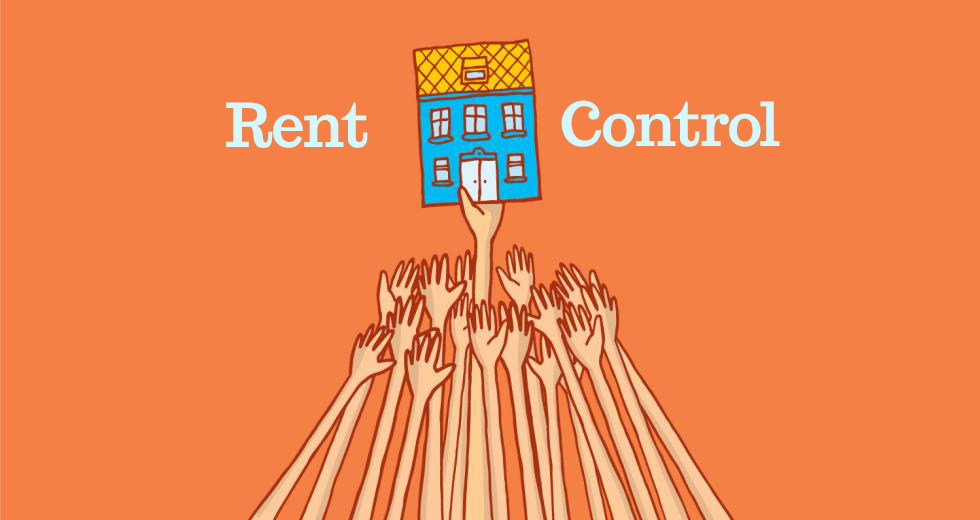
Whether you’re a tenant or a landlord, grasping the nuances of the Philippine Rent Control Law is crucial, particularly during conflicts. Republic Act (RA) 9653, also known as the Act Establishing Reforms in the Regulation of Rent of Certain Residential Units, plays a pivotal role in regulating housing rentals nationwide, safeguarding tenants from exorbitant increases in rental rates.
What properties fall under the Rent Control Law in the Philippines?
The law covers residential units with monthly rents of PHP 10,000 or less, including various dwelling types like apartments, houses, and specific parts of buildings used solely as living spaces.
Are there exemptions to the Rent Control Act in the Philippines?
Yes, properties like rent-to-own units, commercial spaces, motels, and hotels are exempt. Additionally, units primarily used for commercial purposes are not covered by the rental law.
What are the advance and deposit policies for landlords in the Philippines?
Landlords are legally allowed one month’s advance and a two-month deposit. Demanding more is against the law. The deposit should be placed in a bank under the lessor’s name, with accrued interest to be returned to the tenant upon contract termination.
How much can landlords increase rent in the Philippines?
The maximum annual rent increase varies based on the monthly rent. For properties charging below PHP 5,000, it’s capped at two percent, between PHP 5,000 to PHP 8,999 it’s seven percent, and for rents between PHP 9,000 to PHP 10,000, it’s 11 percent.
How often can landlords legally raise rent in the Philippines?
Boarding houses or bed spaces for students can only increase rent once a year, irrespective of tenant turnover within the same year.
Can a landlord evict a tenant in the Philippines?
In the Philippines, the rental law outlines circumstances under which a landlord can legally terminate a lease contract and eject a tenant:
- Sub-leasing the unit without explicit written permission from the owner.
- Accumulating three months’ worth of unpaid rent.
- The owner’s legitimate need to repossess the property for personal or family residential use, provided a three-month advance notice is given to the tenant.
- Essential repairs mandated by authorities on a condemned property to ensure safety and habitability.
- Expiration of the lease contract.
What penalties do rent control violators face in the Philippines?
Violators of the Rent Control Act in the Philippines can face fines ranging from P25,000 to P50,000, imprisonment from one month and one day up to six months, or both. However, there’s a desire for stronger measures against landlords exploiting tenants.
What is the maximum rental rate hike for poor household this 2024?
The National Human Settlements Board (NHSB) has approved a four percent (4%) cap on increases in rental rates of P10,000 and below, effective Jan. 1 until the end of the year. The Department of Human Settlements and Urban Development (DHSUD) said the cap was meant to avoid unwarranted increase in rental rates among lower income families. Note: The previous cap was 11 percent.
Source:
Republic Act No. 9653 also known as the Rent Control Law
NHSB Resolution No. 2023-03


